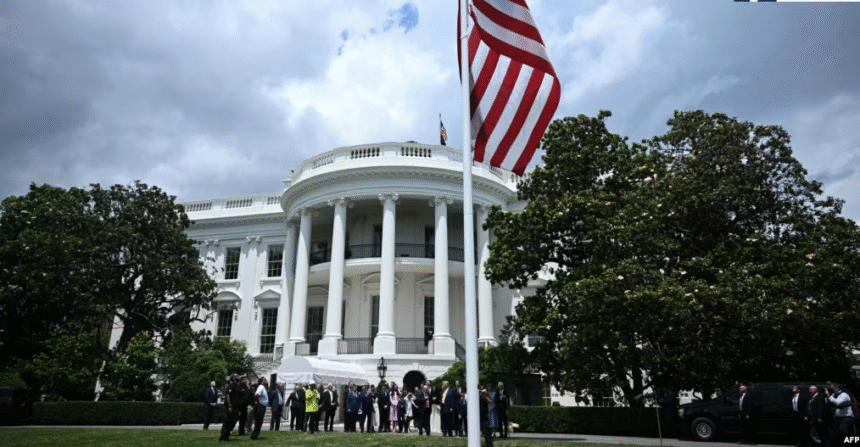Leaders of Armenia and Azerbaijan are expected to sign a U.S.-brokered peace agreement on August 8 at the White House, potentially ending decades of conflict. U.S. President Donald Trump will host Armenian Prime Minister Nikol Pashinian and Azerbaijani President Ilham Aliyev for the historic signing ceremony.
Trump stated on Truth Social that the two nations will also sign economic agreements with the U.S. aimed at unlocking the full potential of the South Caucasus region. He emphasized that many leaders had failed to end the conflict—until now—with the deal being called the “TRUMP Peace and Prosperity International Corridor” (TRIPP).
Pashinian is already in Washington, having visited the Museum of the Bible on August 7. The visit will include bilateral and trilateral talks focused on promoting peace, prosperity, and economic cooperation in the region.
Key Elements of the Agreement:
- Opening a strategic transit corridor through the Zangezur region, linking Azerbaijan to its exclave Nakhchivan, which has been cut off by Armenian territory since the early 1990s.
- Infrastructure plans include railways, oil and gas pipelines, and fiber-optic cables to facilitate trade and transport.
- The U.S. will not finance the corridor but encourages private sector investment.
- The corridor could transform regional connectivity by linking the Caucasus and Central Asia with Europe, bypassing Russia and Iran.
Context and Challenges:
Armenia and Azerbaijan have fought two major wars over Nagorno-Karabakh since the collapse of the Soviet Union. Although both sides have made diplomatic progress since the 2020 conflict, several issues remain unresolved:
- Azerbaijan insists Armenia remove references to Nagorno-Karabakh’s 1990 independence declaration from its constitution.
- Azerbaijan demands Armenia accept the dissolution of the OSCE Minsk Group, the main international mediator.
- Border delimitation efforts have advanced in some areas but stalled in others, with ongoing territorial disputes.
- The management of the Zangezur corridor is contested, with Armenia wary of sovereignty loss and Azerbaijan demanding unrestricted transit free of Armenian border controls.
Regional Reactions:
- Russia and Iran have voiced concerns over increased U.S. influence in the strategically important Siunik region of Armenia.
- Russian officials accuse the West of trying to sideline regional powers and upset the security balance.
- Iran warns against any corridor that threatens its northern border security.
Implications:
Observers suggest the White House signing could bolster Trump’s case for a Nobel Peace Prize, citing his previous mediation successes globally. However, experts caution that a signed agreement does not guarantee long-term peace, as deep-seated grievances and unresolved territorial issues continue to fuel tensions.
The announcement is expected to coincide with the expiration of Trump’s ultimatum to Russian President Vladimir Putin regarding the war in Ukraine, with hopes that progress in the Caucasus might offset diplomatic setbacks.







